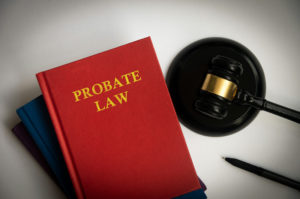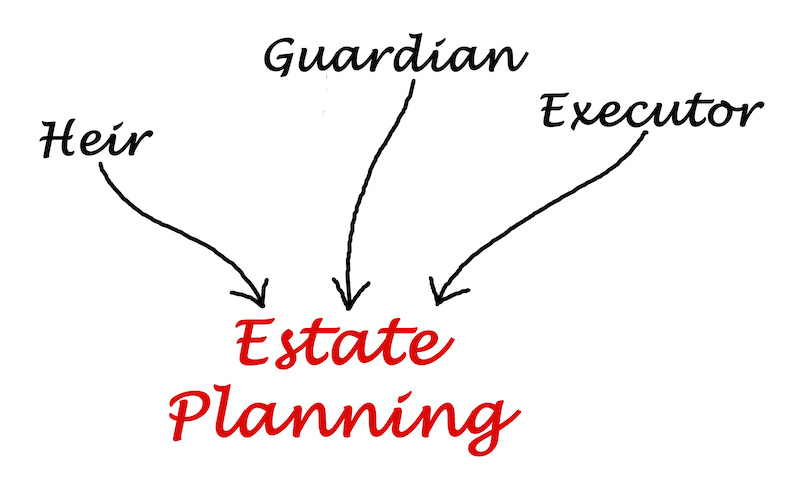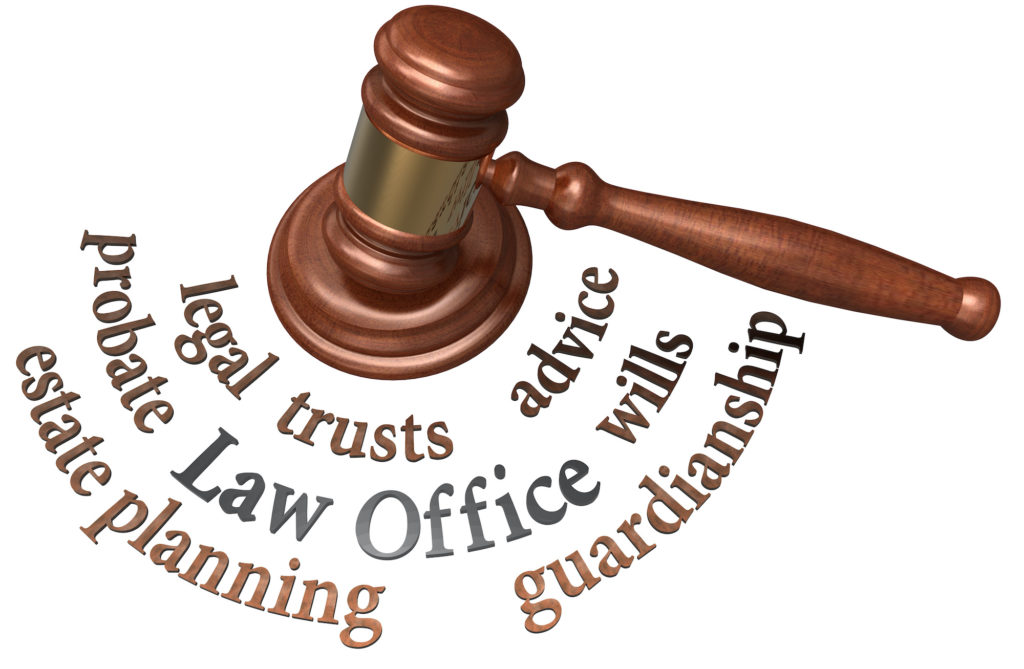Iconic singer Prince died without a will in place, which put his estate “intestate,” meaning it needs to go through the probate court process. Given the massive financial and intellectual property assets at stake, Prince’s estate will likely result in a protracted legal battle. For non-celebrities with modest estates, avoiding probate court is still highly advisable.

While the probate court’s staff members provide guidelines and expectations for executors, the process itself is overly complicated and requires filing and registration costs. Individuals who are planning their estates are encouraged to setup various legal strategies to avoid probate or to reduce probate-related complications.
Four ways to avoid or lessen the complications of probate court:

Offer gifts
Giving gifts while you are alive removes property from your possession into the hands of a beneficiary. This can significantly remove some of the complications involved with probate. Talk to a tax attorney about any federal gift tax implications.
Create A Revocable Living Trust (RLT)

Estate planners encourage clients to use trusts to avoid probate and significantly speed up the asset transfer process. With probate, an executor might for example be stuck making mortgage payments on the deceased’s home with personal funds because it will take weeks before they can access bank accounts. Living trusts provide a smoother and clearer transition.
Put a Joint Tenancy Arrangements in place

This is a strategy where people share ownership of property, whether it’s land or a financial asset.
Complete the appropriate forms
Many financial institutions allow account holders to sign documents that transfer funds immediately to another person upon the account holder’s death. This simple document removes the financial asset from the probate process. Known as “payable-on-death” forms, this is a way to move specific assets, but it’s not a replacement for a properly structured trust.
Unfortunately, probate is not always avoidable. Some people do not create wills or other structures that will allow their estate to pass to inheritors without the court’s involvement. Since we don’t expect death, many fail to pre-plan. Proactive legal strategies are essential for a smoother estate process that will see the deceased’s wishes carried out to the letter.

Consider these tips to manage the probate process as the executor of an estate:
- Organize the paperwork. You’ll want multiple copies of the death certificate as well as official court documents naming you as the executor. Both documents will be necessary for accessing the deceased’s accounts. The court will also require you to complete documentation at the end of the process, and you need impeccable records in order to satisfy their requirements.
- Avoid mistakes by working with an estate attorney and a tax professional. They can guide you on the probate process and help you explain any procedural delays to inheritors.
A dispute could arises between beneficiaries. An experience attorney can act as a neutral party between the disagreeing groups.
- Find assets and obligations. Ideally, the deceased (or a representative) will have collected information about their financial assets and current debt obligations. Disorganized files require executors to scour through the mail. Or the executor has to survey the deceased’s computer to locate bank accounts or credit card accounts. Talk to the lawyer about payment of debt obligations before sending disbursements to beneficiaries.

Please note – Skvarna Law Firm does not always provide the potential legal strategies covered in this blog. However, our skilled legal team does offer an array of legal and tax-friendly structures. These help individuals avoid the probate process and ensure the maximum amount of wealth and property are provided to heirs.
About Skvarna Law in Glendora and Upland, California

A skilled attorney can assist with your estate plan. Contact us today to learn about your options (909) 608-7671. We operate offices in Glendora and Upland, California. We provide legal services for individuals living in San Bernardino, Los Angeles, Orange and Riverside Counties. This includes the cities of Upland, Ontario, Rancho Cucamonga, Fontana, Colton, Rialto, Chino, Chino Hills, Glendora, Claremont, Montclair, Pomona, La Verne, San Dimas, Azusa, Covina, West Covina, Diamond Bar, Walnut, La Puente, Corona, Norco & Mira Loma. Visit SkvarnaLaw.com to learn more.


